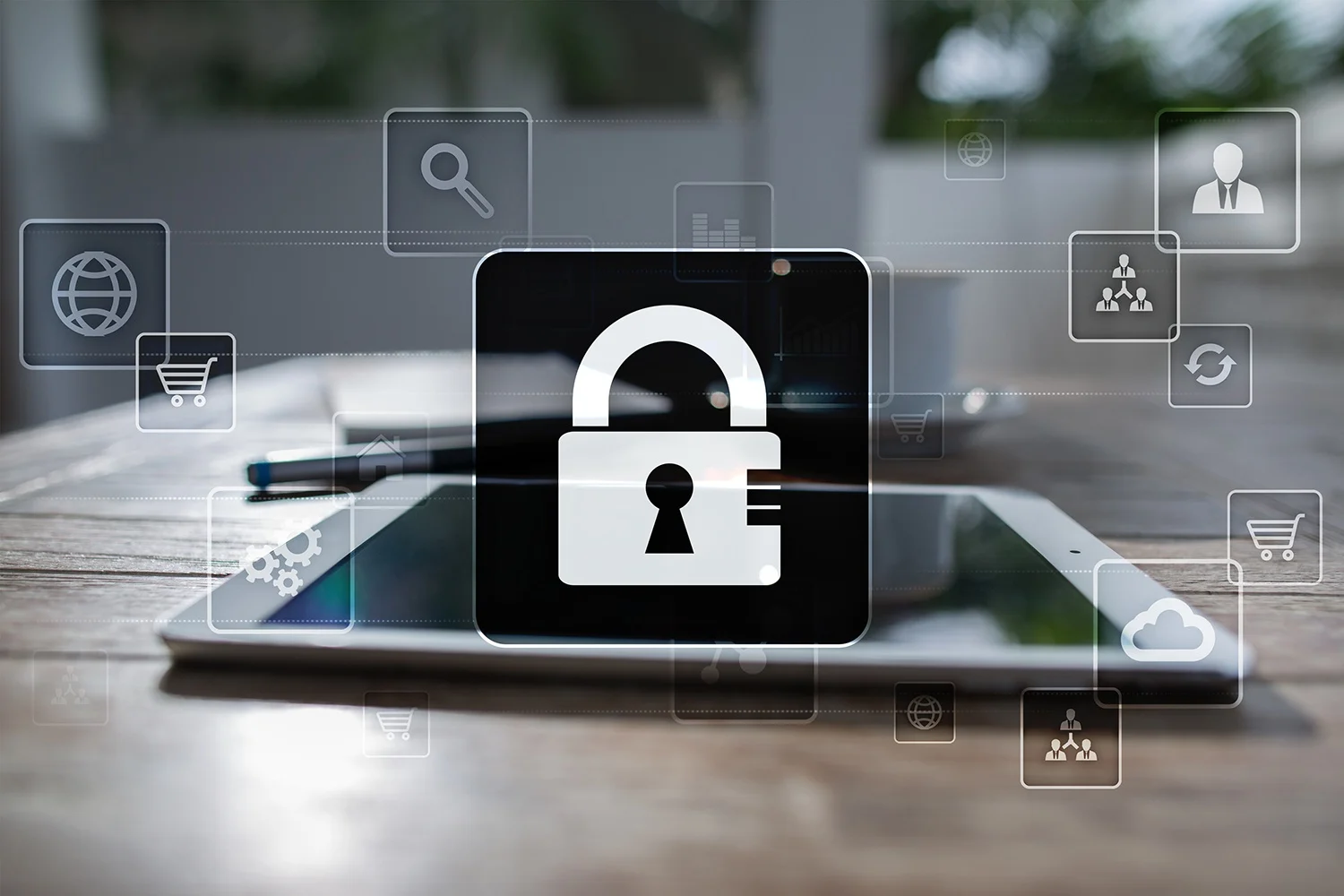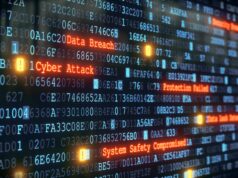Cyber security broadly refers to the protection of your computer and networks from malicious attackers. In today’s world, protecting your computers is vital if you do not want your business to run into massive losses. Today, all companies mine and use customer data, and your customers will lose trust if they learn that your systems have been compromised in a virus attack.
Hence, cyber security services are an absolute must for all business organizations. And you can outsource the job to a third-party company if you think you and your employees cannot manage the threats by yourself.
Some Of The Most Potential Threats To Your Computers
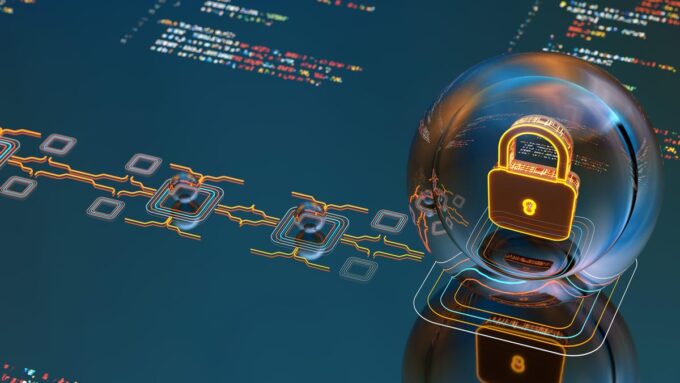
1. Malware Like A Worm Or A Virus
Malware can be of different types, but all of them essentially insert problematic software into your system. The inserted software creates changes for your system and can have varied adverse effects. Impacts of malware attacks are blocked access to some components of your network.
These components may be controlled by hackers. The components that are under attack can be used to obtain additional information in a covert manner. At times the initial software installs more harmful codes in the system.
A virus is especially dangerous to deal with as the software evolves with time. So even if the cybersecurity system recognizes the problematic code, there is no guarantee that the code will not evolve by the time the antivirus has dealt with it.
2. Denial Of Service (DoS) Or A Distributed Denial Of Service (DDoS)
As the name suggests, in these attacks, the computer cannot execute the regular commands given by the user. So the user is denied the network’s or the computer’s services. The key difference between DoS and DDoS is that in the latter case, the attack necessarily stems from a computer network.
In these attacks, the system is saturated with so much malicious traffic that it cannot respond to legitimate requests. In many cases, the hackers will launch another kind of attack at the time when the system is jammed and the network is disabled.
A botnet can cause a DDos attack and affect hundreds of systems at the same time which can then be controlled by the hacker.
3. A Man In The Middle Attack
Again as the name suggests, in this type of attack, the hacker positions himself in such a way that he can listen to the transactions between two or more parties over a computer network. The hacker inserts himself in such a way that he is able to gather valuable information like bank details or software security codes etc.
4. A Phishing Attack
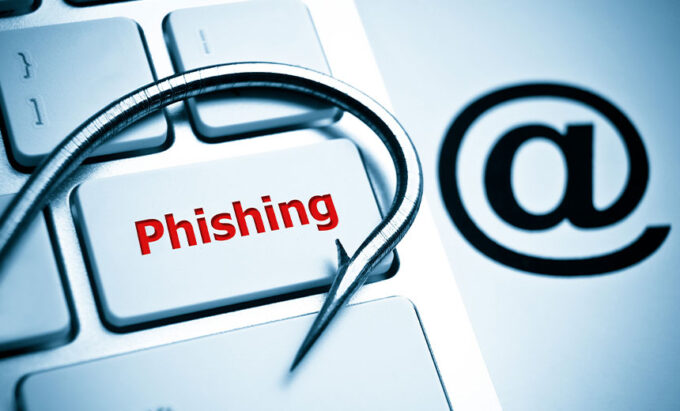
In this type of attack, a communication like a message or an email is used to make the receiver click on a link embedded in the message or the email. If the victim clicks on a spurious link and does whatever it instructs, then the victim might unknowingly insert malware into his own system.
At times the messages are very innocuous, and just clicking on them is enough to activate the process of inserting the malware into the systems. Thus, protecting against such attacks has become a challenge for law enforcement agencies across the world.
Some Ways To Protect Yourself Against A Cyber Attack
1. Get A Strong Antivirus Software
In today’s world, when data is the new oil, investing in good cybersecurity software is a must. You can consult cyber security experts or your IT team for input on the software that you should purchase. However, you should keep the following points in mind when investing in antivirus software.
The antivirus software must be automatic, so the user does not have to run manual checks to deal with a new threat. The software should constantly run background checks and give you monthly reports on the types of threats that were detected and deactivated. If need be, you can upgrade the software based on the kinds of threats your system encounters.
It is also vital that the antivirus software should automatically backup all your data from time to time. Every organization generates several bytes of data during its regular business, and data loss can cause immense financial losses; hence a data backup system that automatically backups up all your data is a must.
2. Restrict Access To Your Systems
Every company has a regular turnover of employees, and this means that the owners should be cautious about monitoring who has access to the systems. Hence, every time an employee leaves the company, the management must ensure he no longer has access to the computers. This will ensure that only the present employees have access to the latest and the most sensitive data of a company.
3. Set Strong Passwords
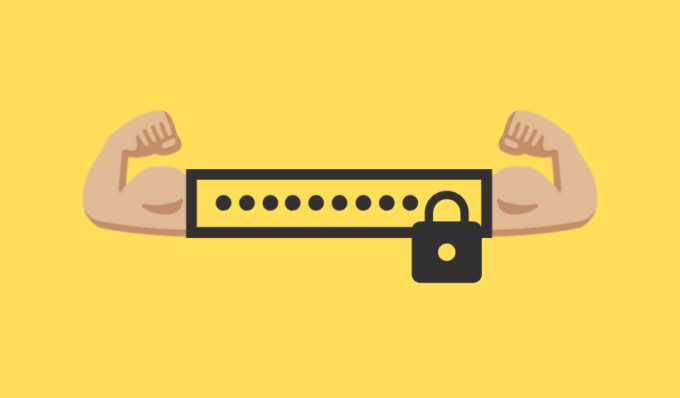
There are many people who set up weak passwords, be it for their email accounts or their devices. However, if you are using your email and your device for official purposes, it is vital to set strong passwords to unlock them. Hackers often guess random passwords to unlock accounts, and if your password is simple, it will get cracked quite easily.
All company employees should follow certain good practices for setting passwords. So the password must be long and contain special characters and numerals in it in addition to letters. All companies must organize regular orientation sessions to make the employees know about common mistakes which can make them vulnerable to cyber-attacks.
4. Get A Comprehensive Insurance
Data is valuable, so it makes sense to insure all your systems. So in case you suffer from a data breach, that loss can be compensated by the insurance company.
Conclusion
Cyber security is a major concern for law enforcement agencies all over the world. It is estimated that data losses can cause a loss of ten trillion dollars annually in the coming years. So if you wish to protect your business against a severe data breach, you should get good antivirus software, learn about good practices to protect data, and hire a reputable company to upgrade your cyber security measures.

